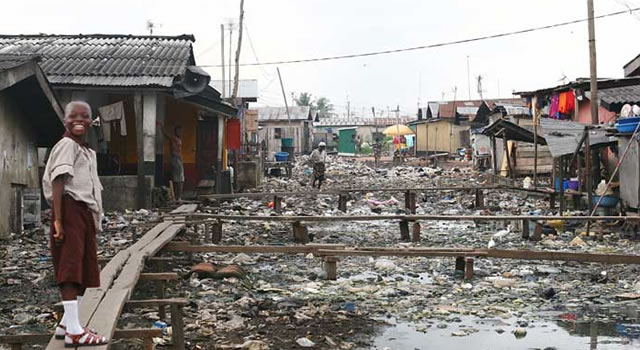Business
Unemployment, poverty increased under Buhari govt in 2017 – World Bank report

The World Bank has said that though Nigeria in 2017 escaped the unprecedented economic downturn it found itself soon after President Muhammadu Buhari emerged President in 2015, unemployment and poverty rate increased during the year.
This was contained in a statement the World Bank issued in Abuja as to what its report on ‘Nigeria Bi-annual Economic Update’ indicated.
The report revealed that Nigeria’s unemployment and poverty rates increased in 2017 even as the country during that year emerged from recession.
The report which was entitled “Connecting to Compete”, revealed that Nigeria’s Gross Domestic Product (GDP) growth reached 0.8 per cent, driven by an expansion in oil output and continued steady growth in agriculture.
“The decline in the non-oil, non-agriculture sector, however, continued, as aggregate demand remained weak and private sector credit low.
“The rates of unemployment and underemployment increased in 2017 and poverty is estimated to have increased slightly. Gross Domestic Product growth in 2018 is expected to hover just over two per cent, largely oil sector-driven.
“Nigeria has a big home market, which is constrained by limited connective infrastructure, thereby reducing producers and firms’ ability to reach wider markets.
“This lack of connectivity dampens economic collaboration and cooperation among the country’s regions, limiting market integration and reducing producers and firms’ ability to reach wider markets.
“Spatial fragmentation and limited connections also hurt welfare and prospects for poverty reduction,” The World Bank said.
READ ALSO: Buhari, PDP disagree over sectors US investment in Nigeria should focus on
According to the Global Lead, Territorial Development, World Bank, Somik Lall, spatial integration and sub-national specialisation were key to creating a nationally-integrated market for goods and services as well as attracting much-needed private investments, which in turn could enhance productivity through scale and specialisation.
The World Bank said that Nigeria will benefit from policies to promote spatial integration and sub-national specialisation, which it said will help stimulate diversified and long-term growth.
This, the report explained could be achieved through market specialisation and differentiated positioning strategies for industrial clusters across the country.
RipplesNigeria… without borders, without fears
Click here to join the Ripples Nigeria WhatsApp group for latest updates.
Join the conversation
Support Ripples Nigeria, hold up solutions journalism
Balanced, fearless journalism driven by data comes at huge financial costs.
As a media platform, we hold leadership accountable and will not trade the right to press freedom and free speech for a piece of cake.
If you like what we do, and are ready to uphold solutions journalism, kindly donate to the Ripples Nigeria cause.
Your support would help to ensure that citizens and institutions continue to have free access to credible and reliable information for societal development.






















